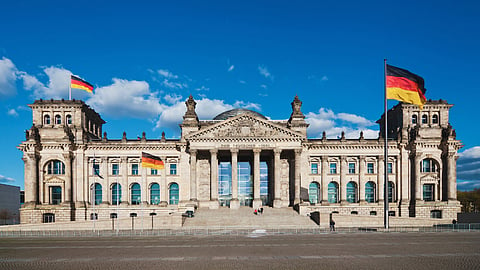Leadership
Germany’s election chaos: Voters on edge – Katja Hoyer
The German election saw a conservative CDU/CSU victory with 28.5% of the vote.
Key topics:
- Conservatives win but lack a clear path to govern.
- AfD surges, doubling its vote share to 21%.
- Coalition talks will be tough, risking political gridlock.
Sign up for your early morning brew of the BizNews Insider to keep you up to speed with the content that matters. The newsletter will land in your inbox at 5:30am weekdays. Register here.
Support South Africa's bastion of independent journalism, offering balanced insights on investments, business, and the political economy, by joining BizNews Premium. Register here.
If you prefer WhatsApp for updates, sign up to the BizNews channel here.
By Katja Hoyer
___STEADY_PAYWALL___

